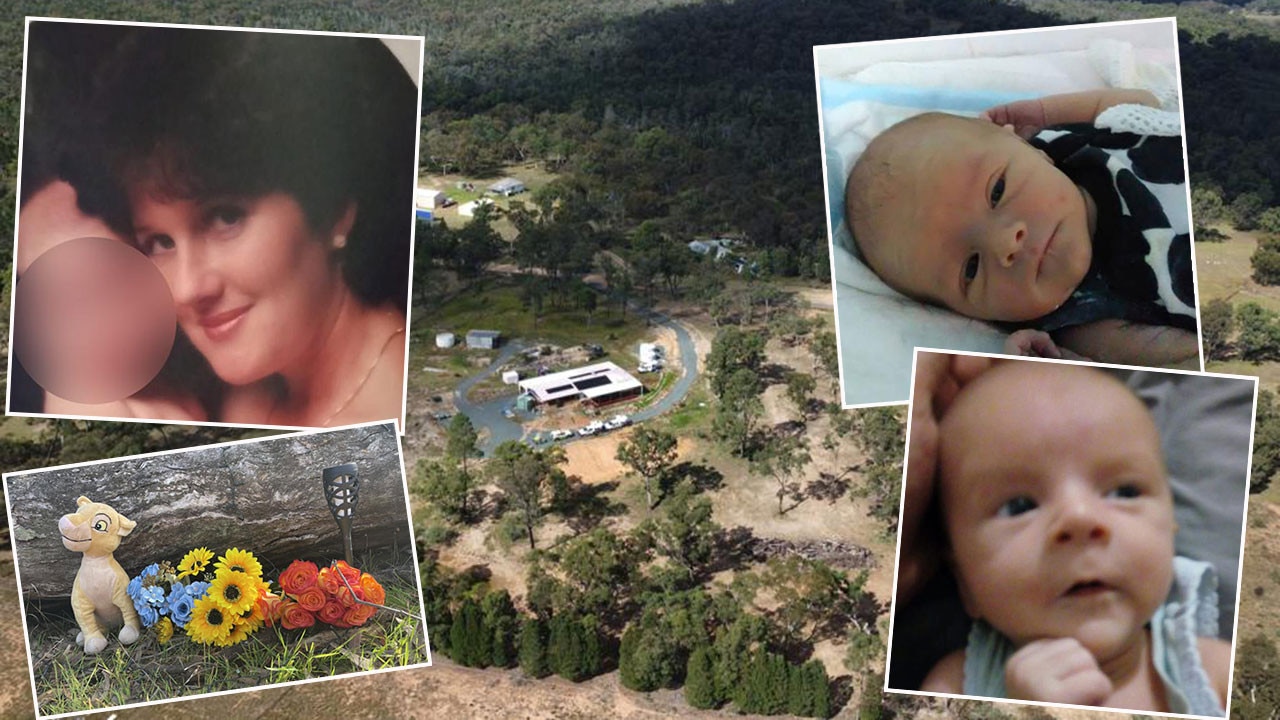NSW real estate: Water usage checks would probe overseas buyers’ intentions
EXCLUSIVE: Foreign nationals who buy properties would have their daily water usage investigated to see if they are purchasing homes as investments.
NSW
Don't miss out on the headlines from NSW. Followed categories will be added to My News.
- Plan to ban foreign investors purchasing entire apartment blocks
- The foreign investor myth that’s fooled us all
FOREIGN nationals who buy properties in Australia would have their daily water usage investigated to find out if they are purchasing homes as investments and leaving them vacant — while Australians are left out in the cold.
Turnbull government ministers who have been charged with developing a housing affordability strategy have discussed a new federal tax on foreign buyers who leave homes sitting empty instead of renting them out — a move that is driving up rents.
The proposal is being considered both as a method of raising revenue from overseas property buyers and as a way to unlock housing stock for would-be renters.
By having more rental properties available, the move would also keep a lid on rapidly rising rents, particularly in greater Sydney.
Discussions on housing affordability between federal Treasurer Scott Morrison and the states have focused on unlocking housing supply, taxing foreign buyers and increasing “affordable housing” for low-income and key workers.
Both NSW and Victoria are also moving towards raising stamp duty or land tax for foreign buyers.
Government sources told The Saturday Telegraph that water usage was a more accurate way of determining if a home was vacant than electricity use, because lights can be put on a timer while it is far more difficult to fake a household’s water consumption.
The Australian Tax Office is in the process of building a nationwide register of foreign-owned land, under the Foreign Investment Framework, to identify which land is owned by overseas nationals.
This could be compared with water usage levels, kept by each state, to determine which houses and apartments are sitting vacant.
There is a similar model in Vancouver, Canada, where owners of unoccupied homes pay additional tax.
The investment practice is known as land-banking, and has become a significant issue.
In Sydney, University of NSW research has indicated up to 90,000 properties are sitting empty, while in Melbourne figures have shown almost 20 per cent of investor-owned homes were empty.
An exclusive Telegraph report this week revealed more than one in 10 buyers in NSW during a three-month period last year were foreigners.
The federal strategy focuses on increasing housing supply, helping first-home buyers and creating more affordable housing for key workers such as nurses, doctors and teachers.


